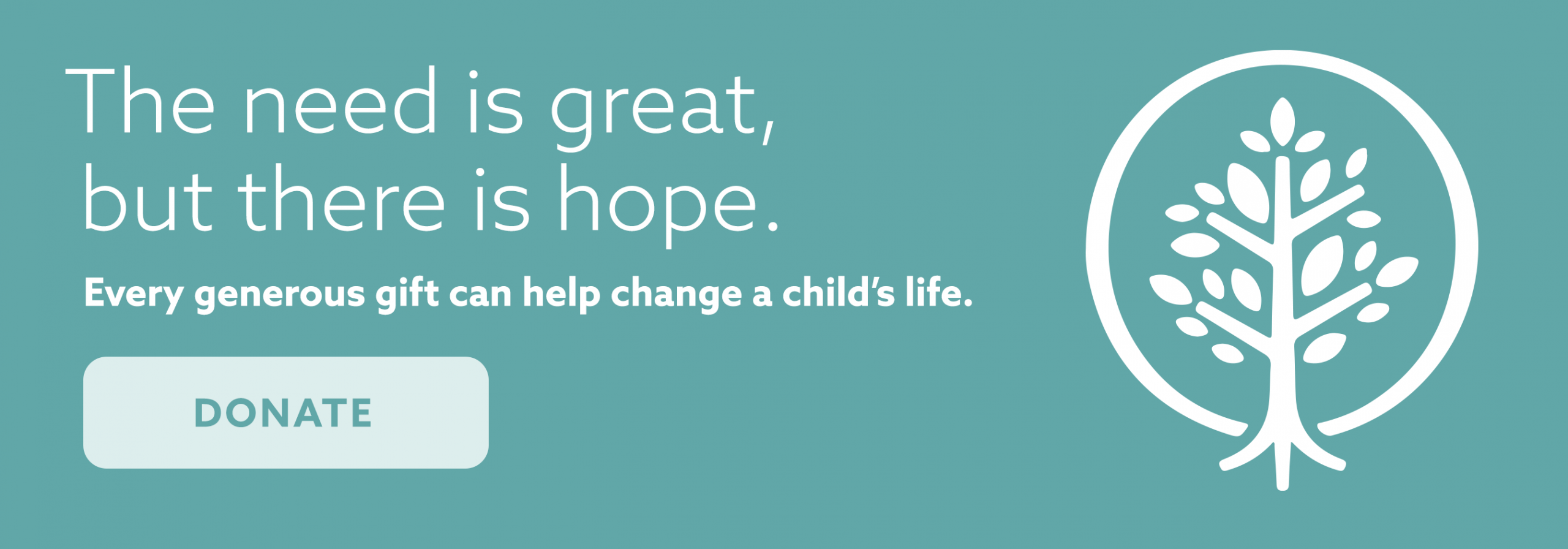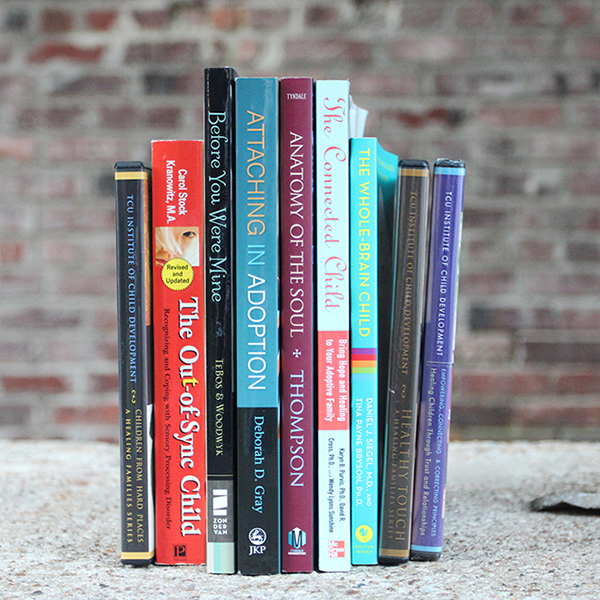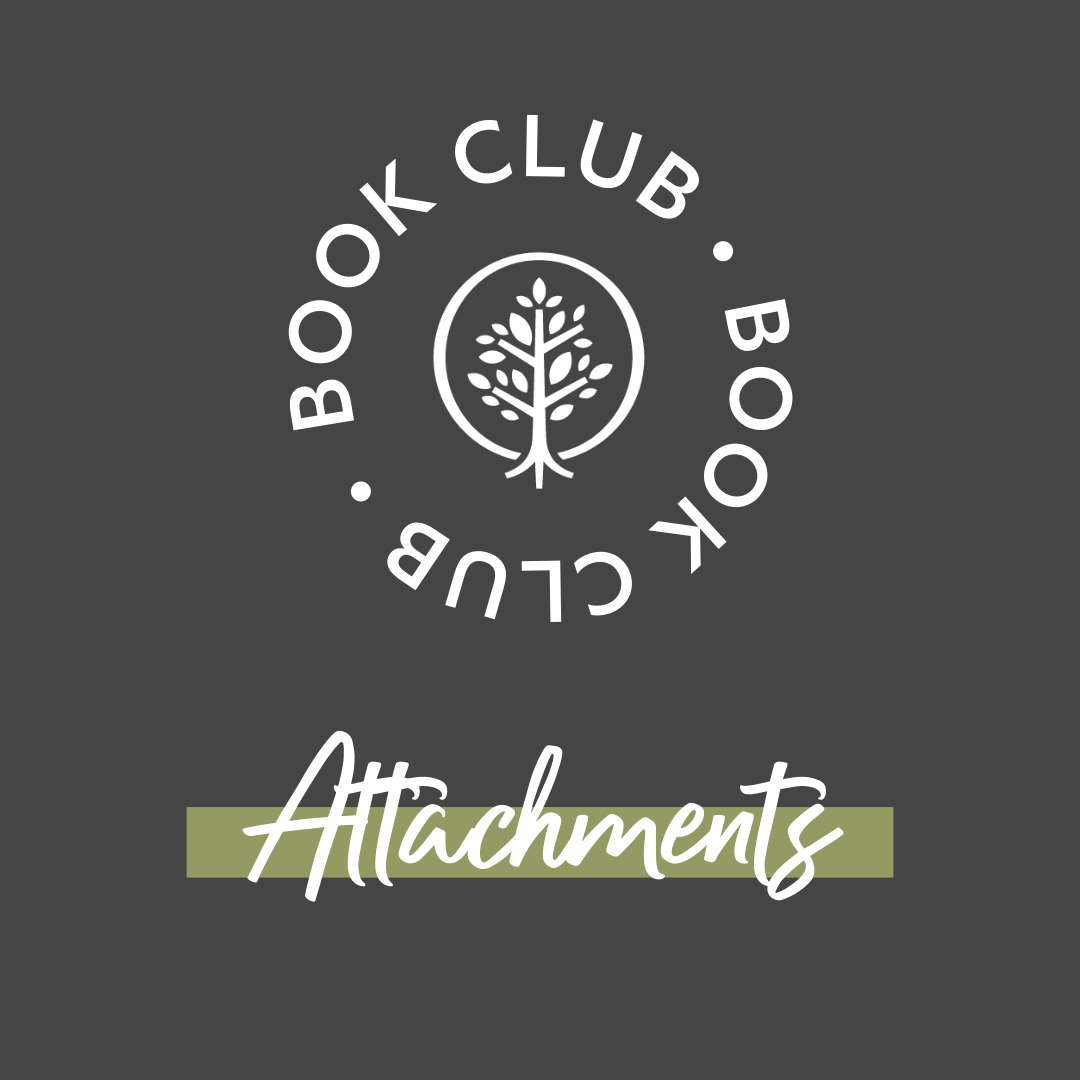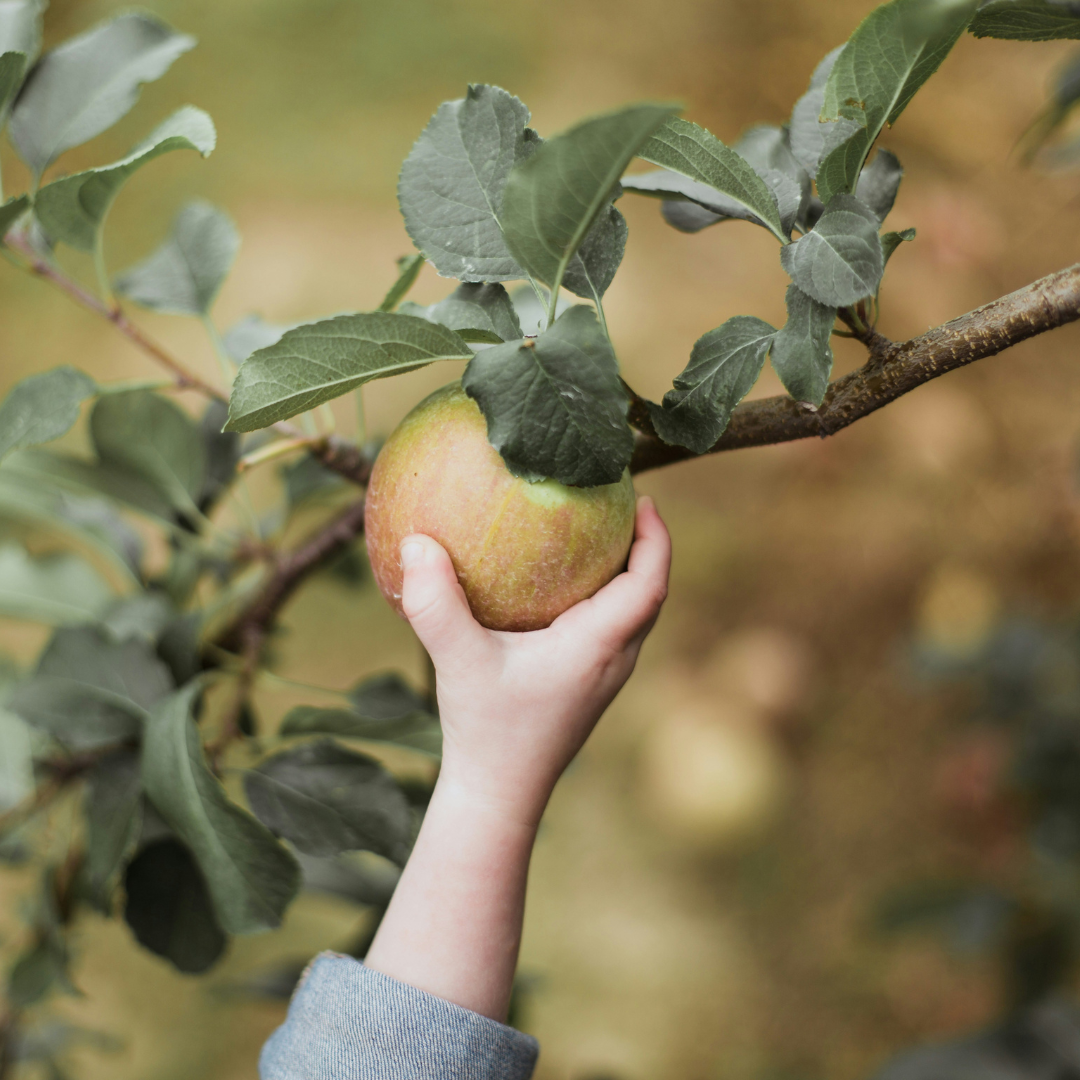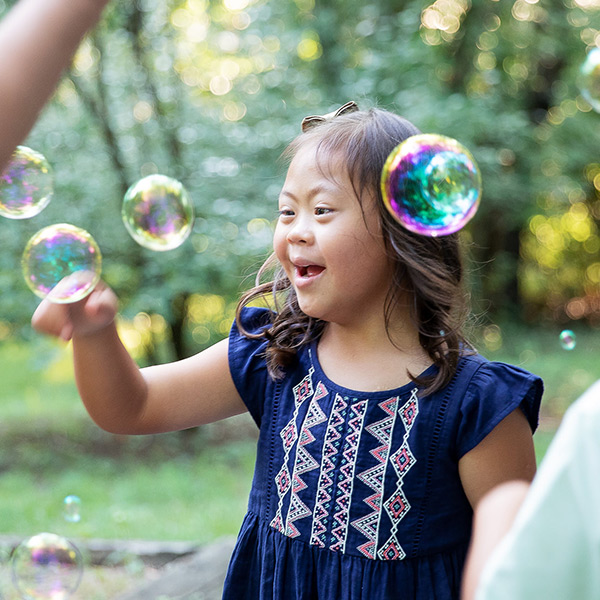A Light Bulb Moment
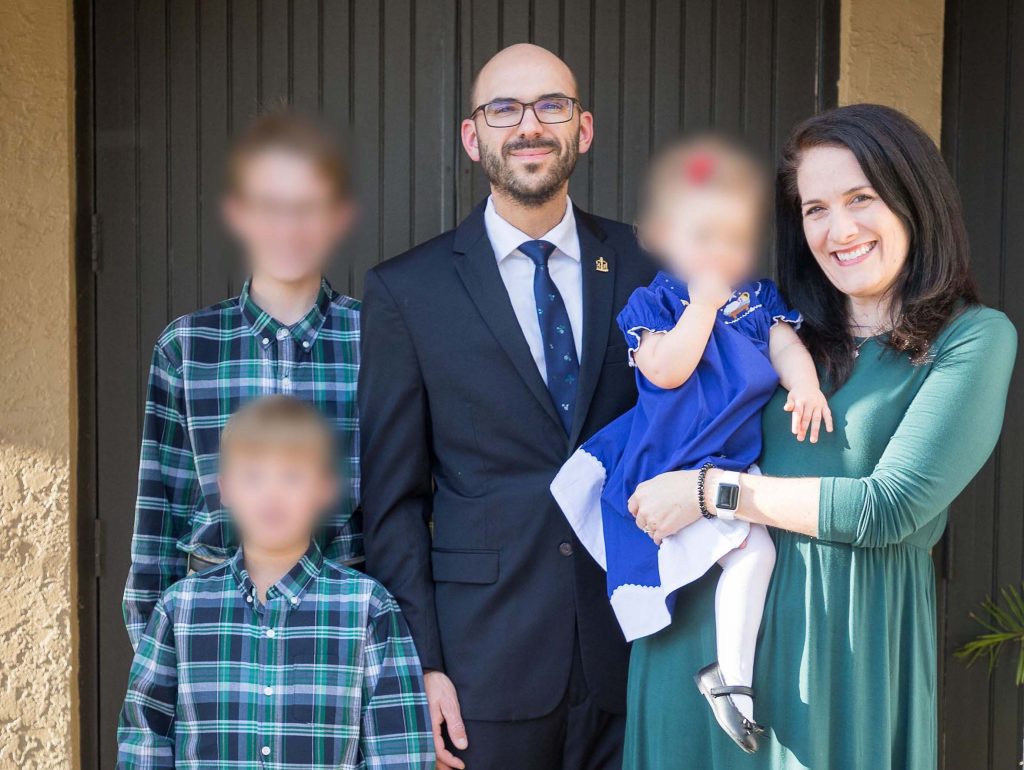
Alison Blanchet and her husband knew before they were married that adoption and foster care may very well be a part of their story. But Alison would have no idea how that decision would change the trajectory of her career. And as they had hoped, shortly after they were married, they began the process of becoming foster parents.
“Our local church offers great resources for foster parents,” Alison said. “One of those resources was the opportunity to [virtually] attend Show Hope’s 2020 Empowered to Connect Conference (today’s Hope for the Journey Conference).” This was the Blanchet family’s first introduction to Show Hope and Trust-Based Relational Intervention (TBRI).
Alison, who had worked in youth ministry for almost 20 years, had previously attended workshops on Adverse Childhood Experiences (ACEs) and was aware of the impact of trauma, but at this point, she had not yet learned about TBRI and its benefits.
“Learning about TBRI was a light bulb moment of how [trauma] impacted so many kids I have worked with over the years,” Alison said. “I grieved for the children and families where I didn’t know what I didn’t know.”
Before viewing the conference training, Alison had read “The Connected Child,” but the presenters helped her put the pieces together to see what TBRI could look like practically.
“I started applying some of the techniques and saw instant changes,” Alison said. “It was almost like magic.”
While still wanting to use TBRI to parent the children in her care better, Alison also saw where the research-based methods could be beneficial to anyone working with children and youth. She recognized how different TBRI looked from any other parenting or caregiving style, and as she learned more, she wanted to share with everyone about TBRI, especially those in ministry careers with her.
“It was almost like I was on two parallel journeys,” Alison reflected. “I wanted to help those working in ministry with me, who had great intentions but just didn’t understand how trauma impacts the brain.”
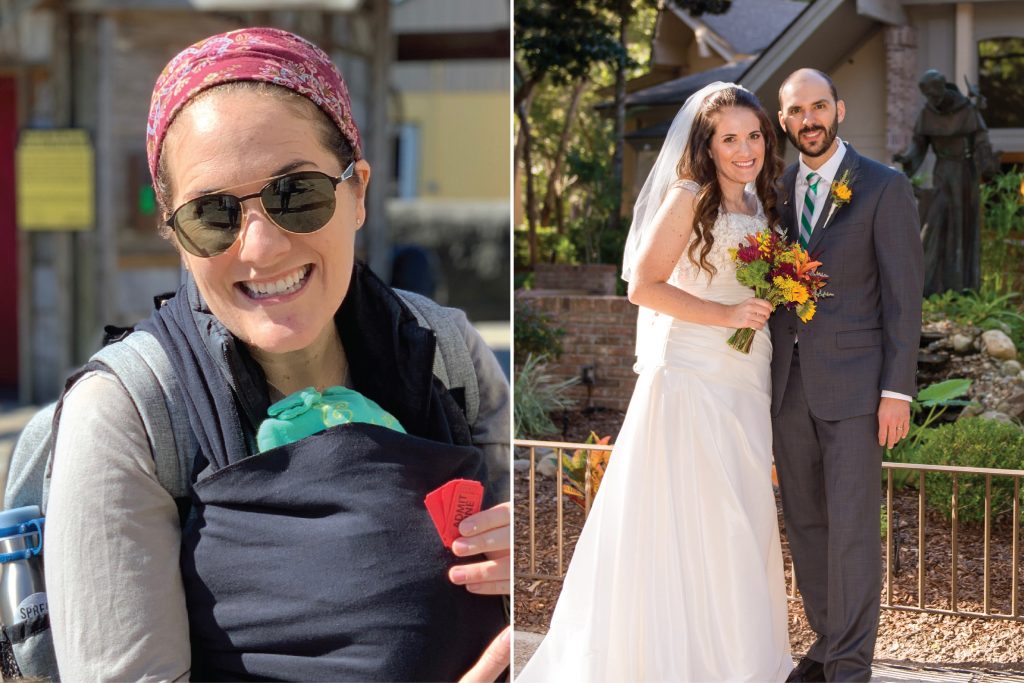
After researching how she could teach TBRI, Alison went back to school for a master degree in counseling—with the goal of working with children and families who have experienced trauma, all through a lens of TBRI. Alison is now a mental health counseling intern, working toward becoming a Licensed Professional Counselor. She is also now a TBRI Practitioner, thanks to a Show Hope training scholarship.
“The great thing about TBRI is that the first person it helps is yourself. The reality is that [TBRI] is about mindfulness, about asking yourself what you are bringing to any interaction,” Alison said. “It looks different than any other method, and change can be hard for anyone. I encourage parents and practitioners to be receptive to a different way. I wanted my practice to be oriented around TBRI because I believe it is the thing that is going to make a difference for children and families.”
Whether it is our annual conference, a financial scholarship to TBRI® Practitioner Training, a recommendation of trusted resources, or further support through our friends at Empowered to Connect, Show Hope is committed to going deep and traveling far with those on the adoption journey. Will you join us this Christmas?
Goal for Pre+Post Adoption Support Fund: $3,000
